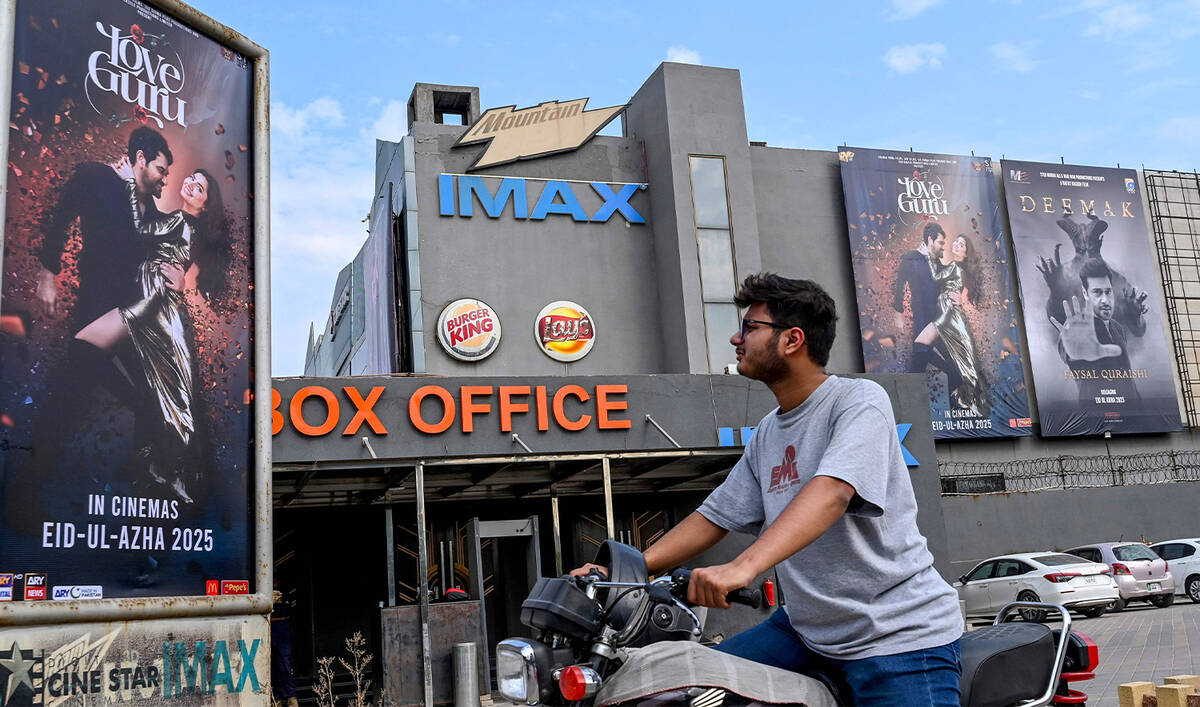KARACHI: 2020 was a tough year for everyone, and that includes our favorite celebrities. Below, a look at what their goals and dreams are for the year ahead:
Sarwat Gilani, actress and activist:

In this photo, Pakistani actress and activist Sarwat Gillani poses for a photo at an event. (Photo Courtesy: Sarwat Gillani Instagram)
My Goal is to work toward creating more awareness of laws that protect our women and children.
Personally, I will focus more on my physical fitness.
Hira Mani, actor and TV host:

In this photo, Pakistani actress and TV host Hira Mani holding her t-shirt that says Good Bye 2020. (Photo Courtesy: Hira Mani Instagram)
My family is and would be most important for me in 2021 as we. I will do more work to make my family proud. I have many dreams which I think have to come true in the coming years. I wish everyone a sparkling New Year!
Ahmed Ali Butt, actor and TV host:

In this photo, Pakistani actor and TV host Ahmed Ali Butt poses for a photo. (Photo Courtesy: Ahmed Ali Butt Instagram)
For 2021, I hope that our film industry gets back on its feet because there are a lot of films and other projects that are pending. I am looking forward to my new international projects as well and hopefully we will see you in cinemas soon InshaAllah.
Mansha Pasha, actress:

In this photo, Pakistani actress Mansha Pasha poses for a photo. (Photo Courtesy: Mansha Pasha Instagram)
My personal goal for 2021 is of self-improvement. I will try to find opportunities myself rather than to wait for them to come on my way.
I also collectively pray for everyone that 2021 may prove to be a good and prosperous year for us and we all remain safe and secure from any of the calamities.
As far as tying the knot with fiancé Jibran Nasir is concerned, it can also be in plans but that is not a resolution and or a personal goal.
Aijaz Aslam, veteran actor:

In this photo, Pakistan's veteran actor Aijaz Aslam poses for a photo. (Photo Courtesy: Aijaz Aslam Instagram)
I have realized how important it is to make a little effort to achieve your dreams, so from now on I have decided that no matter how busy I am, I will keep working on things which I always wanted to do and let others benefit from what I have learned. Hence, my resolution each year will be to have a better year than the previous one.
Junaid Khan, TV actor:

In this photo, Pakistani TV actor Junaid Khan poses for a photo. (Photo Courtesy: Junaid Khan Instagram)
My planning for the year 2021 is to take care of myself and the people who are important to me. I believe in celebrating life for the little things you achieve. We should be grateful for what we have because I believe that there is always something to be grateful for. We should learn from our mistakes and do better and better and show appreciation toward people who are there for us and always ready for help and support and we should never take anything for granted.
My goal for the next year is to focus on my career more enthusiastically and bring unique ideas on the table. I will work on my weaknesses and ways to enhance my skills.




















